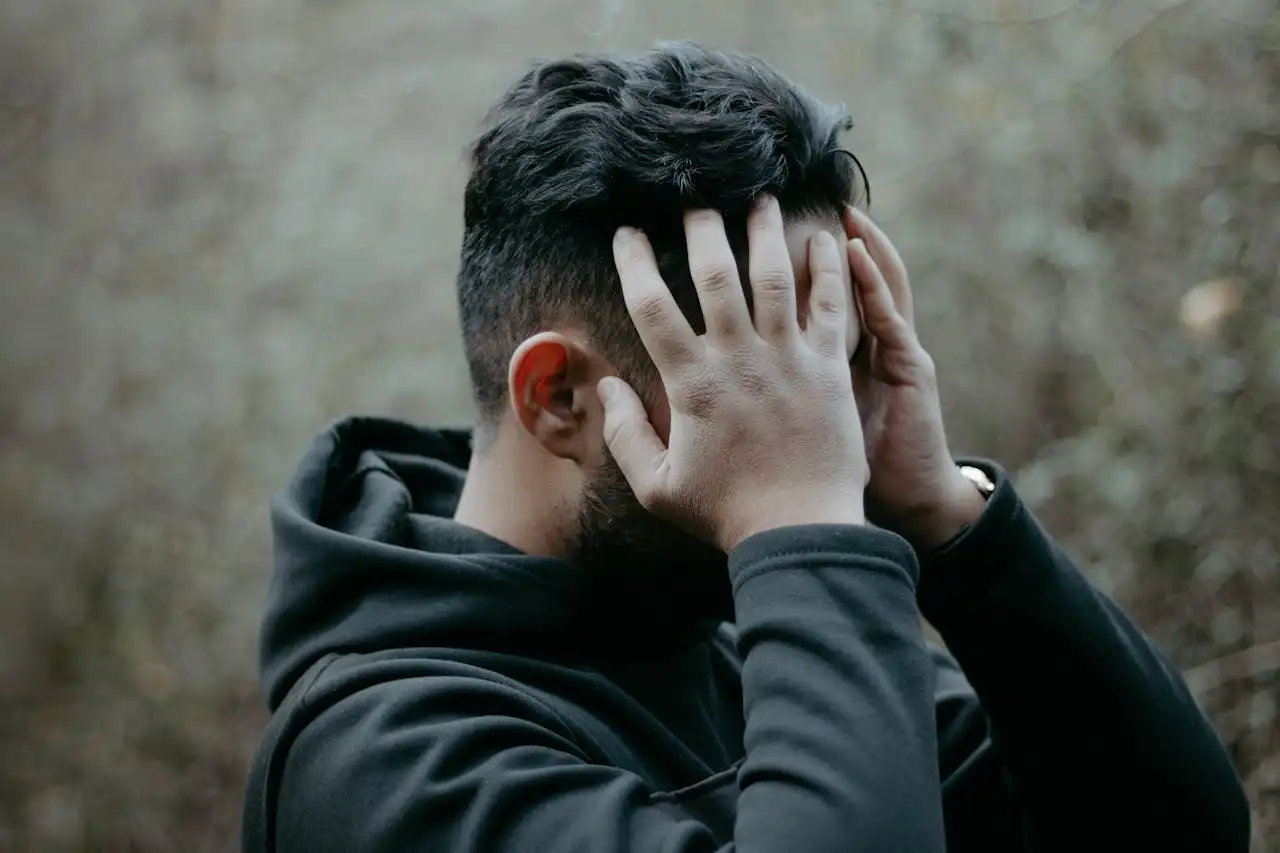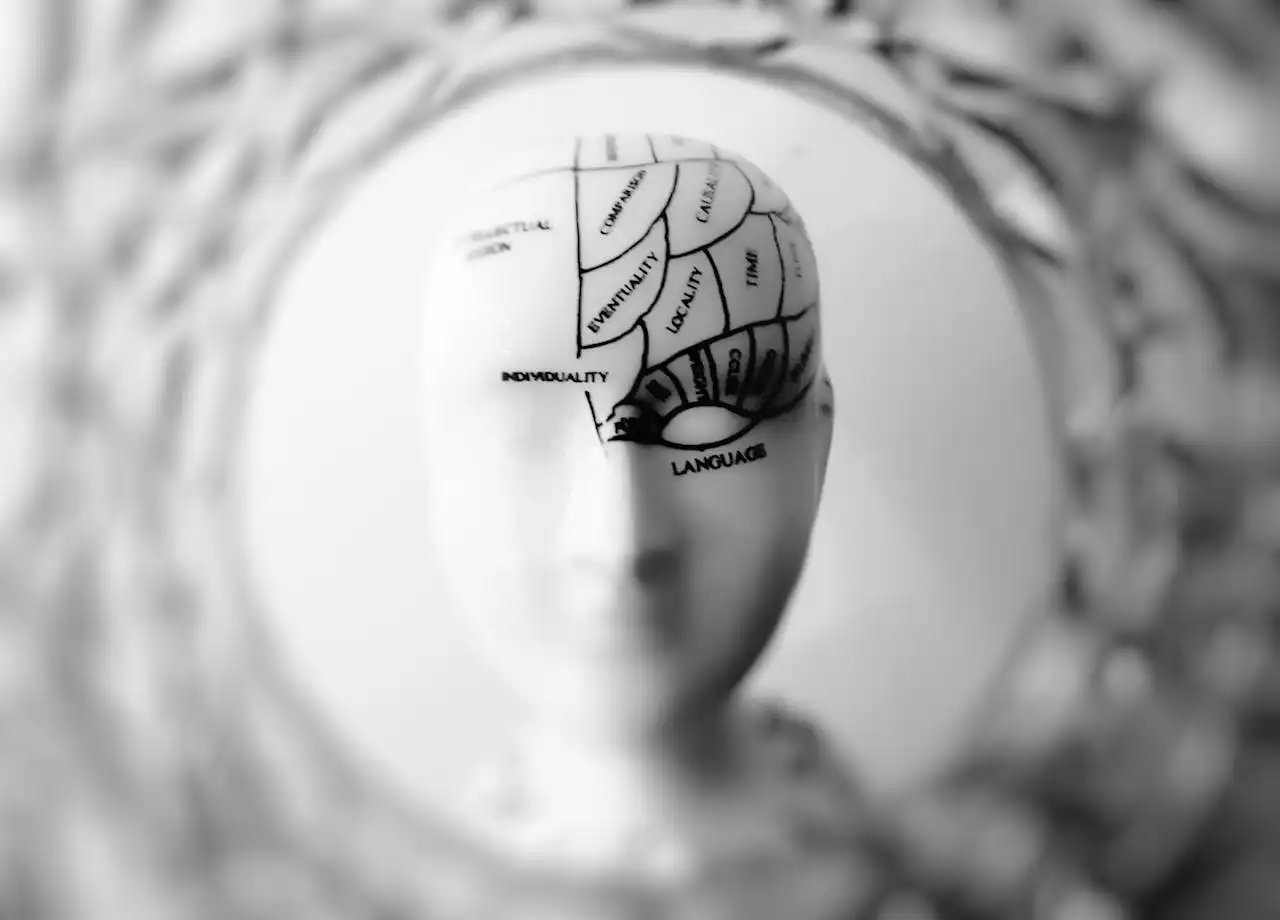Not a Sign of Weakness: Why Seeking Professional Help is the Strongest Decision for Your Mental Health
Muhe - Friday, 18 July 2025 | 02:30 AM (WIB)


The Old Myth vs. The New Reality
Think about it: when your physical body is in pain or not functioning optimally, do you ignore it? If you break an arm, you don't just "tough it out" and hope it heals perfectly on its own. You go to a doctor, get an X-ray, maybe a cast, and follow rehabilitation instructions. It's a no-brainer, right? You seek expert help because you understand the body's intricate mechanics and the importance of proper healing. Why, then, do we treat our minds so differently? Our brains are complex, intricate organs, the very command center of our existence, influencing everything from our emotions and thoughts to our physical health and relationships. When something feels off mentally – be it persistent sadness, overwhelming anxiety, chronic stress, or just a general sense of being lost – it deserves the same attention, care, and professional expertise as a physical ailment.Redefining What Strength Truly Looks Like
True strength isn't about powering through every single thing on your own, even when you're teetering on the edge. That's not strength; that's often a recipe for burnout and breakdown. Real strength is recognizing when you've hit a wall. It's the courage to admit, "Hey, I don't have all the answers here, and that's okay." It's the humility to ask for a helping hand and the wisdom to know that investing in your mental health is an investment in your entire life. Imagine this: you're trying to navigate a dense, unfamiliar forest. You could wander aimlessly, getting lost, frustrated, and potentially hurt. Or, you could hire a seasoned guide who knows the terrain inside out, has the right tools, and can help you find the clearest path. A therapist, counselor, or psychiatrist is that guide for your mind. They offer objective perspectives, evidence-based tools, and a safe, confidential space where you can unpack your thoughts and feelings without judgment. They don't give you the answers; they help you find your own, empowering you to navigate life's trickier stretches with more grace and resilience.More Than Just "Talking It Out"
Seeking professional help is so much more than just "venting." While having a safe space to talk is incredibly valuable, therapists are trained professionals who can:- Identify patterns: Help you spot recurring thought processes or behaviors that might be holding you back.
- Teach coping mechanisms: Equip you with practical strategies to manage stress, anxiety, depression, or other challenges.
- Provide new perspectives: Offer objective insights that you might not see when you're caught in the thick of it.
- Heal past wounds: Guide you through processing traumatic experiences or unresolved issues.
- Improve relationships: Help you understand your communication style and dynamics with others.
- Build self-awareness: Deepen your understanding of yourself, your values, and your true desires.
It's a Journey, Not a Magic Pill
Let's manage expectations: professional help isn't a quick fix or a magic wand. It's a process, a journey that requires commitment and effort. There will be good days and challenging ones. But with consistent effort and the right support, the shifts can be profound. You might start to feel a lightness you haven't experienced in years, or find yourself handling everyday stressors with surprising calm. You might finally understand why certain things trigger you, giving you the power to respond differently. The rise of mental health awareness in popular culture, from celebrities sharing their therapy journeys to social media conversations normalizing these struggles, is a huge step forward. It's helping to chip away at the old stigma, showing us that everyone—yes, everyone—can benefit from a mental tune-up or deeper therapeutic work at some point in their lives.The Ultimate Power Move
So, if you've been feeling overwhelmed, stuck, or just "not quite right," and that little voice in your head has been whispering that seeking help is a sign of weakness, it's time to silence that voice. Recognize it for what it is: an outdated lie. The truth is, taking that step – researching a therapist, making that first call, showing up for yourself – is one of the most powerful, courageous, and self-loving acts you can perform. It's not about being broken; it's about being human. It's about prioritizing your peace, your growth, and your overall well-being. It's about taking agency over your life and saying, "My mental health matters, and I am strong enough to do what's necessary to nurture it." And truly, what could be stronger than that?
How to Relax Your Mind During the Weekend
6 months ago

ChatGPT's Compassionate Turn: How AI Is Learning to Handle Mental Health Crises Better
6 months ago

Coffee vs. Tea: The Morning Brew Showdown That's More Than Just a Cuppa
6 months ago

Cracking the Code: Your Guide to Taming Those Beastly Migraines
6 months ago

Fuel Your Supercomputer: Five Foods That Will Level Up Your Brainpower
6 months ago

Unlocking Your Inner Shield: Five Veggies That Are Basically Superheroes for Your Immune System
6 months ago

Your Secret Weapon for Weight Loss? It's As Simple As Putting One Foot in Front of the Other
6 months ago

Forever Young: The Secret to a Glowing, Timeless Life
6 months ago

Your Gut Feeling is Right: How to Feed Your Inner Universe for a Happier, Healthier You
6 months ago

Navigating Your Daily Grind: When Does Your Coffee Habit Cross the Line?
6 months ago
